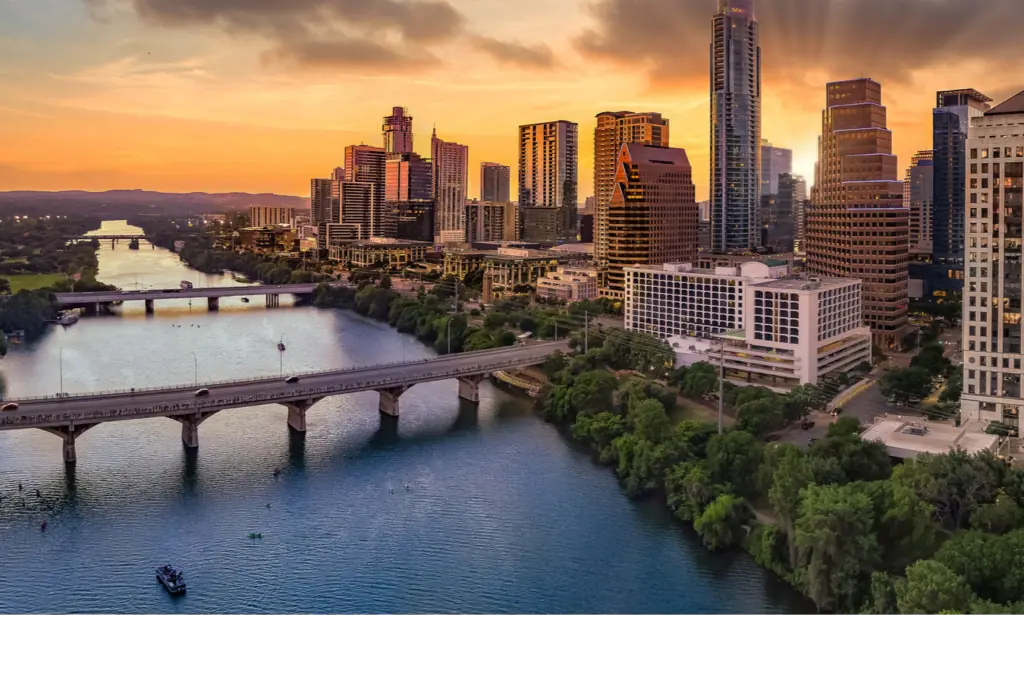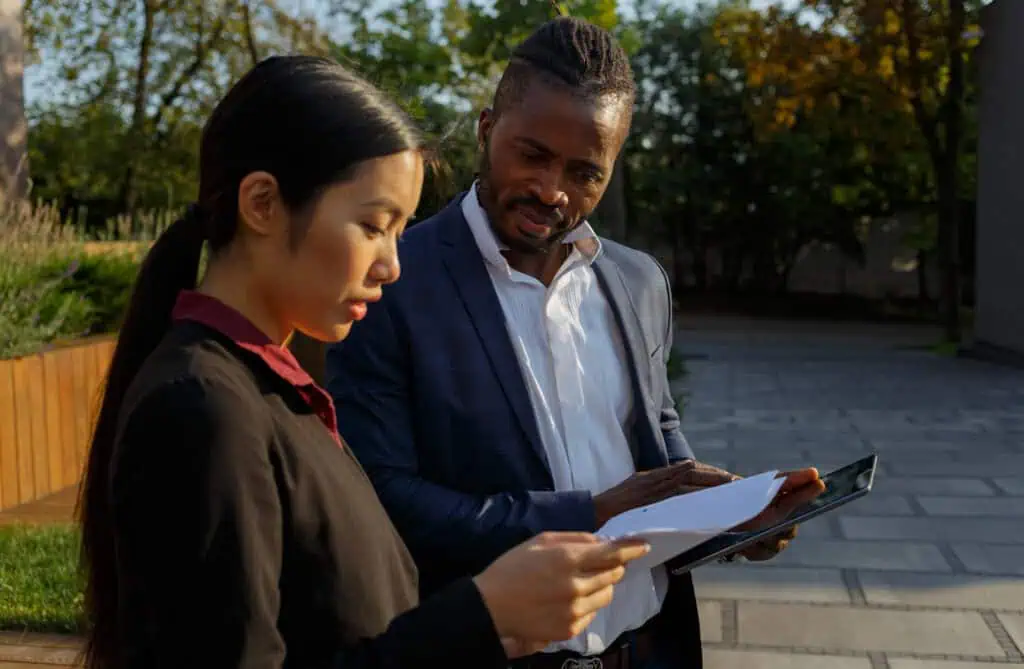One Year Later: From Hiring Event to the Front Lines
In the fall of 2019, Canadian employers grappled with one of the tightest job markets in recent history. As a result, employers in Toronto were eager to expand their recruitment efforts and fill widening labour gaps. Leveraging a model championed by Starbucks Canada in cooperation with ACCES Employment, a collaborative hiring event was co-organized by World Education Services (WES) and ACCES Employment, and sponsored by Starbucks Canada and the Tent Partnership for Refugees. On October 31, 2019, the Toronto Refugee Hiring Event brought together 6 community agencies, 15 employers, and more than 100 screened refugee candidates for on-the-spot interviewing. By day’s end, 29 candidates had been offered jobs, and an additional 42 had been invited for a second interview.
Labour market dynamics have shifted dramatically from just a year ago. The pandemic and its impact on the economy have resulted in thousands of layoffs and furloughs, overwhelming the job market with those seeking work. Many companies have had to go beyond workforce restructuring to adapt the way they do business—digital transformation has accelerated, and new health and safety protocols have been implemented. Some businesses have even pivoted to meet new, unforeseen needs precipitated by the virus. Martinrea Automotive Inc., an international automotive parts manufacturer and employer participant in the Toronto Refugee Hiring Event, is one such business.
In a recent discussion, Evy Pun, human resources analyst at Martinrea, described how the manufacturer’s Vaughan location responded to the Government of Ontario’s call to action and began producing metal stands for ventilators, the machines that are so critical to COVID-19 patients—and others—who cannot breathe on their own. Martinrea also began making surgical masks and to date has produced more than five million. The manufacturer has donated the masks to community initiatives like the Vaughan Food Bank, Homes First Society, and Stonegate Community Health to ensure that these needed resources can adhere to health and safety protocols and remain open.
Like many other businesses, Martinrea was not immune to the impacts of COVID-19 on its business continuity. But the company’s essential work, including its production of needed COVID-19 equipment, requires that a cohort of primary staff remains on–site, including two refugees who were recruited at the Toronto Refugee Hiring Event. Evy described both individuals as motivated and hardworking, and noted their pride in helping to produce important equipment as Canada responds to the health crisis.
“When they saw the ventilator in its entirety, not just the part we produce, and recognizing it gets shipped across the country and into the United States, there’s a real sense of being a part of a larger cause,” Evy said.
When asked about her experience attending the Toronto Refugee Hiring Event a year ago, Evy recalled how impressed she was by the quality of the candidates she interviewed; in fact, many were overqualified for the roles she had available. Hiring refugees is an extension of the manufacturer’s HR core values. Martinrea has been recognized as a leading company in hiring for diversity and is indeed diverse: From production staff to management, nearly 60 percent of the Martinrea workforce at the Vaughan location are visible minorities. Across the 500 employees at the Vaughan location, 43 languages are spoken and 52 countries of origin are represented. When interviewing such a diverse staff, the company doesn’t focus on specific education credentials—although education is certainly a piece of the review process. It doesn’t focus on titles either, like “engineer,” Evy noted. Instead, it looks for specific tasks a candidate has been responsible for and the skills a candidate has demonstrated. A candidate’s skills and experience are what determine suitability for a role at Martinrea.
“For us at Martinrea, it’s about practicing good hospitality to these new hires on an ongoing basis, so they feel welcomed and included as members of this team.”
With such a diverse staff, Martinrea approaches onboarding not as a single-day event but as an ongoing effort, Evy noted. When onboarding refugee hires in particular, the HR team carefully considers how to effectively maintain engagement. To this end, the HR team sets up opportunities to check in with them to ask how they are doing in their role, and, perhaps more importantly, how they are doing outside of work. Evy pointed out that refugees are in Canada not necessarily of their own volition but because of crises back home, and that many do not have extended family members here. She said that asking simple questions about a refugee’s family back home and how they are coping here in Canada deepens their sense of inclusion. This bit of effort on the part of the HR team goes a long way toward making staff feel welcome and seen as whole individuals, not just as employees. In addition, the diversity of the current team has provided the opportunity for Martinrea to pair refugee hires with a staff member who speaks the same language. “For us at Martinrea,” Evy emphasized, “it’s about practicing good hospitality to these new hires on an ongoing basis, so they feel welcomed and included as members of this team.”
Employers need to invest in and cultivate current talent, Evy noted, even if they are in a volatile industry that increasingly relies on automation. At Martinrea, there is a workforce culture of constantly learning and developing new skills in support of the company’s growth. For instance, Evy said, some current roles will be replaced by new robotics, but new roles will be created because the robotics will need to be maintained and upgraded. As an employer, Martinrea wants to help its employees to imagine a future for themselves at the company. One hardworking refugee hire had shown a real interest in working directly with the robotics. He competed for and was promoted to the position of Junior Robotics Welder. In the next year he will acquire advanced technical skills on the job.
“Martinrea, and companies like it that are interested in investing in new immigrant talent, need to help their workforce imagine a better future for themselves and the new communities they are a part of.”
“A year ago, Martinrea could have never imagined that it would be making ventilator stands, but in a mere two weeks from the call to action, we were making them. We want to instill that same mentality within our workforce,” Evy said. “Martinrea, and companies like it that are interested in investing in new immigrant talent, need to help their workforce imagine a better future for themselves and the new communities they are a part of.”





